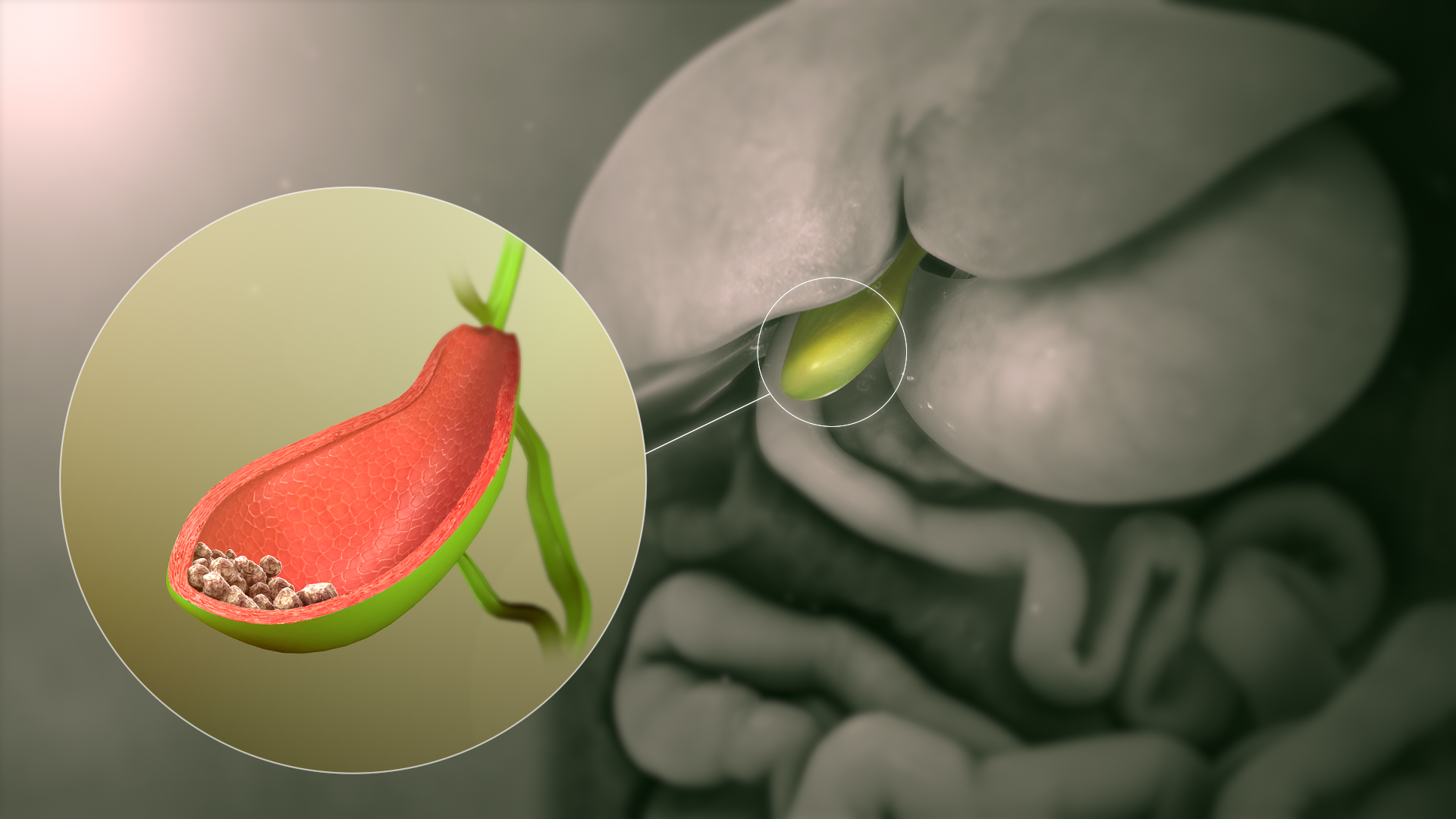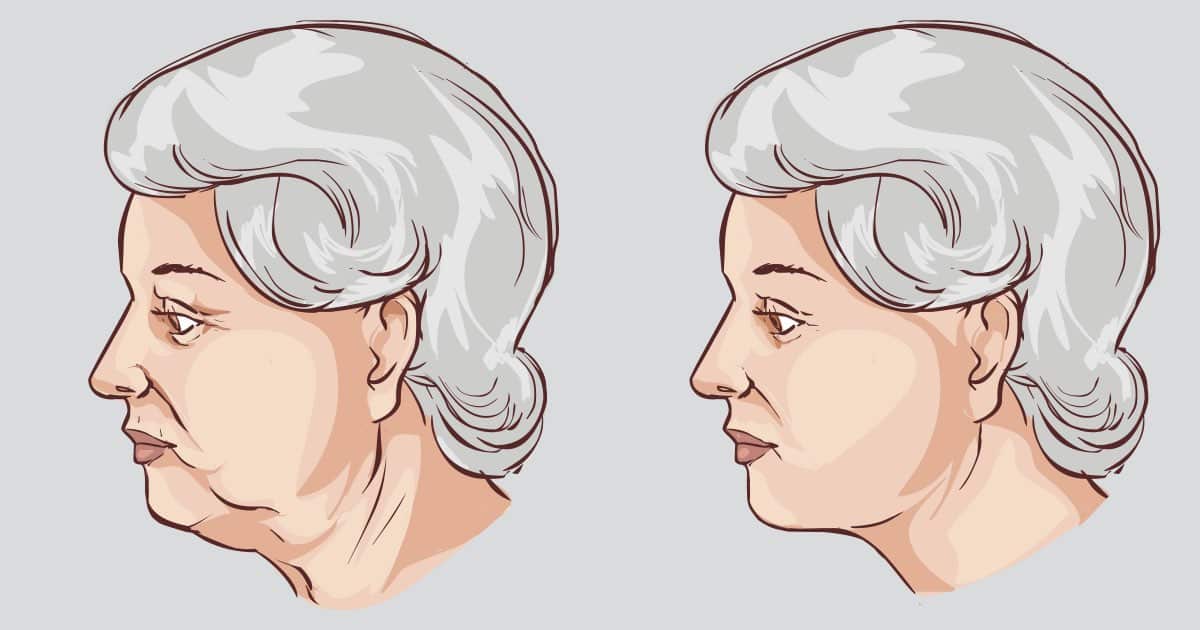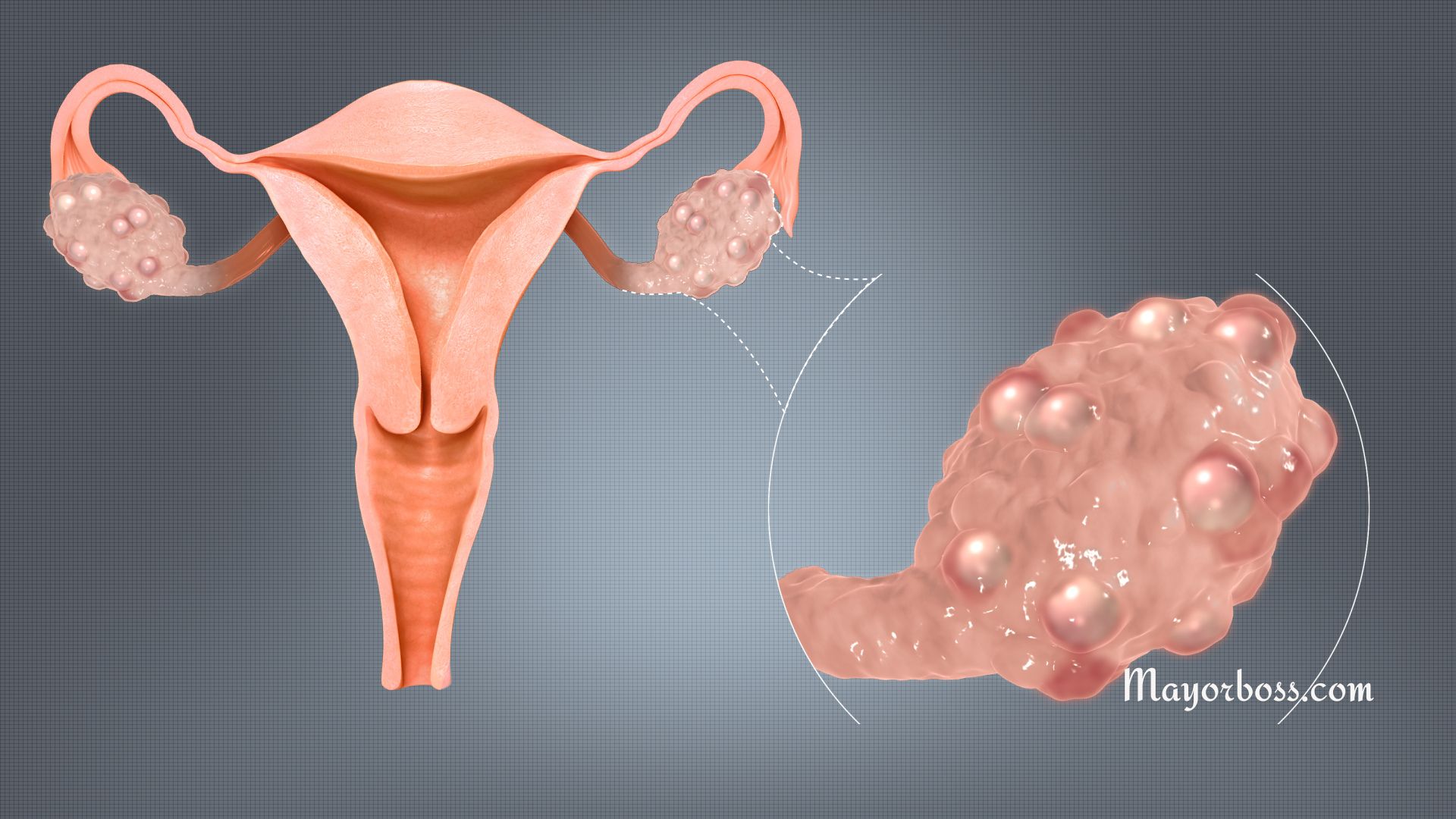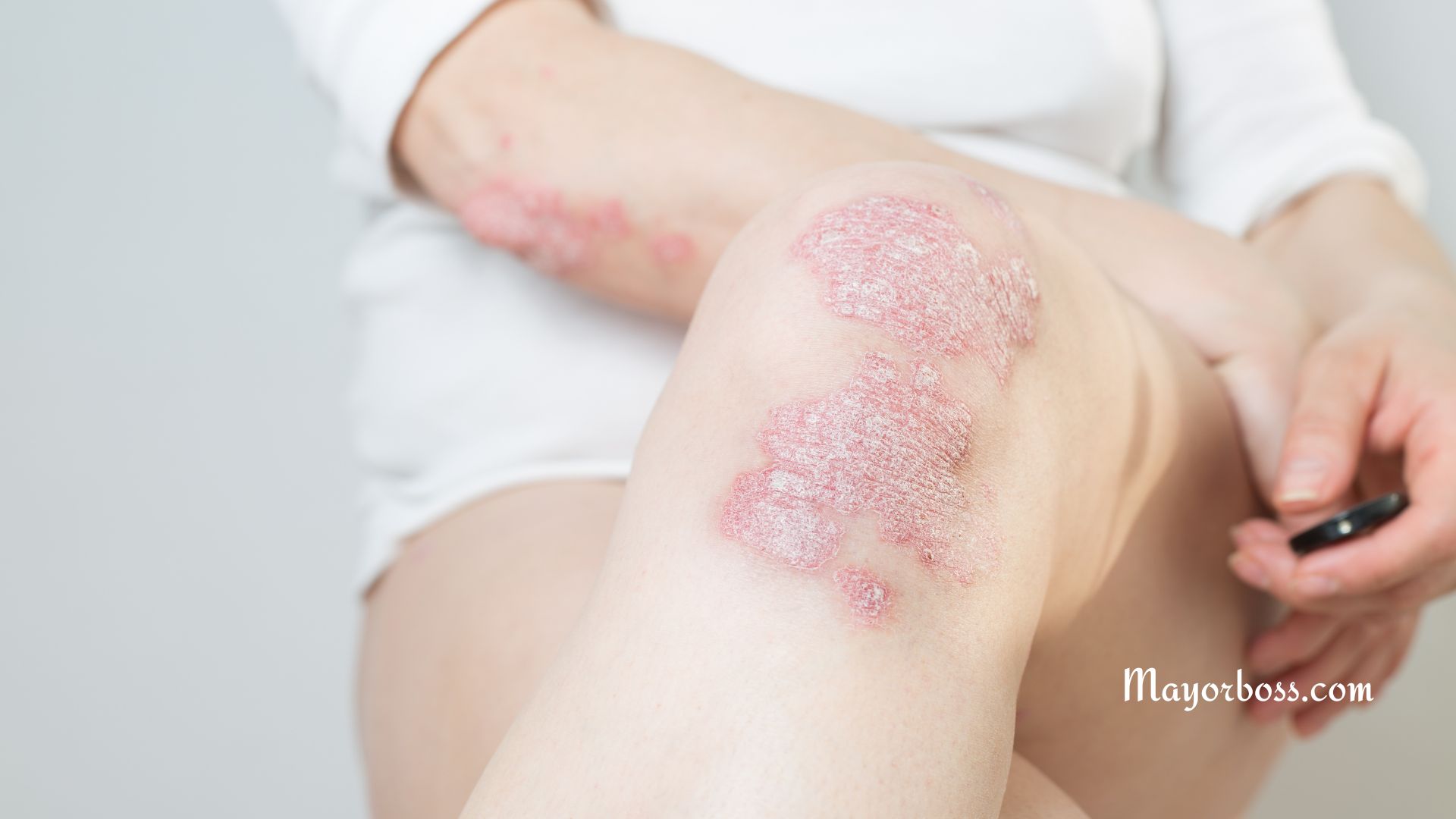Things You Should Know About Gallstones
Brief summary: Gallstones are hard, pebble-like pieces that form inside the gallbladder. These stones can range in size from a grain of sand to a golf ball. They’re often caused by an imbalance in the substances that make up bile, a digestive fluid. Gallstones can cause pain and lead to serious health problems if not treated. Here’s what you need to know.
What Are Gallstones?
In simple words, gallstones are solid particles that develop in the gallbladder, a small organ located under the liver. They form when cholesterol, bile salts, and other substances in the bile become imbalanced. There are two main types of gallstones:

Cholesterol Gallstones
These are the most common type, made mostly of cholesterol. They’re usually yellow in color.
Pigment Gallstones
These stones are smaller and darker, made up of bilirubin, a substance your body creates when it breaks down red blood cells.
How Do You Know If You Have Gallstones?
Often, gallstones don’t cause any symptoms. But if a stone blocks the bile ducts, you might experience:
- Sudden and intense pain in the upper right abdomen
- Nausea or vomiting
- Fever or chills
- Loss of appetite
- Yellowing of the skin and whites of the eyes (jaundice)
If you have these symptoms, you should see a doctor who can diagnose gallstones using ultrasound or other medical tests.
What Causes Gallstones?
Several factors can contribute to the formation of gallstones, including:
- A diet high in cholesterol and fat
- Being overweight or obese
- Certain medical conditions, like diabetes
- Pregnancy
- Family history of gallstones
How Are Gallstones Treated?
Gallstones might sound scary, but there are several ways to treat them. If you or someone you know has gallstones, here’s what you might expect in terms of treatment.
Observation
If gallstones are not causing any symptoms, your doctor might just keep an eye on them. You may not need any treatment at all. Sometimes, gallstones don’t cause any problems and don’t need to be treated.
Surgery (Cholecystectomy)
If gallstones are causing pain or other problems, your doctor might suggest removing the gallbladder. Don’t worry; you can live without a gallbladder! The surgery can be done in two ways:
- Laparoscopic Surgery: This is the most common method. The surgeon makes small cuts and uses a camera to see inside and remove the gallbladder.
- Open Surgery: This method involves a larger cut and is used if laparoscopic surgery isn’t an option.
After the surgery, you’ll need to follow a special diet for a while, but most people recover completely.
Medications
If surgery isn’t suitable for you, certain medications like Ursodiol link (Actigall) and Chenodiol link (Chenix) might help dissolve the gallstones, according to the National Institute of Diabetes and Digestive and Kidney Diseases. This treatment can take months or even years to work, and it’s not effective for everyone. The gallstones might also come back after the treatment.
Non-surgical Procedures
Sometimes, doctors can use non-surgical methods to treat gallstones:
- ERCP (Endoscopic Retrograde Cholangiopancreatography): This procedure can remove stones that are stuck in the bile duct.
- Shock Wave Lithotripsy: This method uses shock waves to break up gallstones so they can pass out of the body naturally.
Lifestyle Changes
Your doctor might also recommend some changes in your diet or lifestyle, such as eating less fat and losing weight if needed. These changes can help prevent more gallstones from forming.
Can You Prevent Gallstones?
You can take steps to reduce your risk of gallstones:
- Eat a healthy diet rich in fruits, vegetables, and whole grains.
- Maintain a healthy weight.
- Exercise regularly.
According to various studies, these lifestyle changes can make a significant difference in preventing gallstones.
What Happens if Gallstones Are Left Untreated?
If gallstones block the bile ducts and are left untreated, they can cause serious complications, such as:
- Inflammation of the gallbladder
- Infection
- Jaundice (yellowing of the skin and eyes)
- Pancreatitis (inflammation of the pancreas)
These conditions require immediate medical attention, so if you have gallstones, it’s not the end of the world. There are various ways to treat them, and your healthcare provider will help you decide the best option for you.






